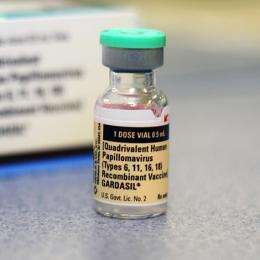
Jiayao Lei’s thesis addresses research questions on prevention and prognosis of cervical cancer within the framework of the interplay of human papillomavirus (HPV), vaccination, and cervical screening, and also provides insights for evidence-based decision-making.
HPV is the major cause of cervical cancer. The well-established natural history from HPV infection to the occurrence of invasive cervical cancer serves as the basis for prevention of cervical cancer through prophylactic HPV vaccination (primary prevention) and cervical screening (secondary prevention). Cervical cancer detected through screening also has better chances of being cured than cancers not detected through screening.
Jiayao has shown that cervical screening can effectively reduce the risk of adenosquamous cell carcinoma and rare histological types of invasive cervical carcinoma. HPV vaccination can effectively reduce the risk of cervical cancer, which is the ultimate goal of cervical cancer prevention. With the implementation of HPV vaccination, the screening performance of cytology for high-grade cervical lesions has decreased in vaccinated women compared to unvaccinated women, especially among those vaccinated at younger age. Tumor high-risk HPV status is associated with the prognosis of cervical cancer, which could add value to the clinically established prognostic factors.
Jiayao’s thesis adds knowledge to the current understanding of cervical cancer prevention strategies and prognosis of cervical cancer, and could potentially serve as a basis for evidence-based decision-making and policy changes in the future.
Source: Read Full Article
